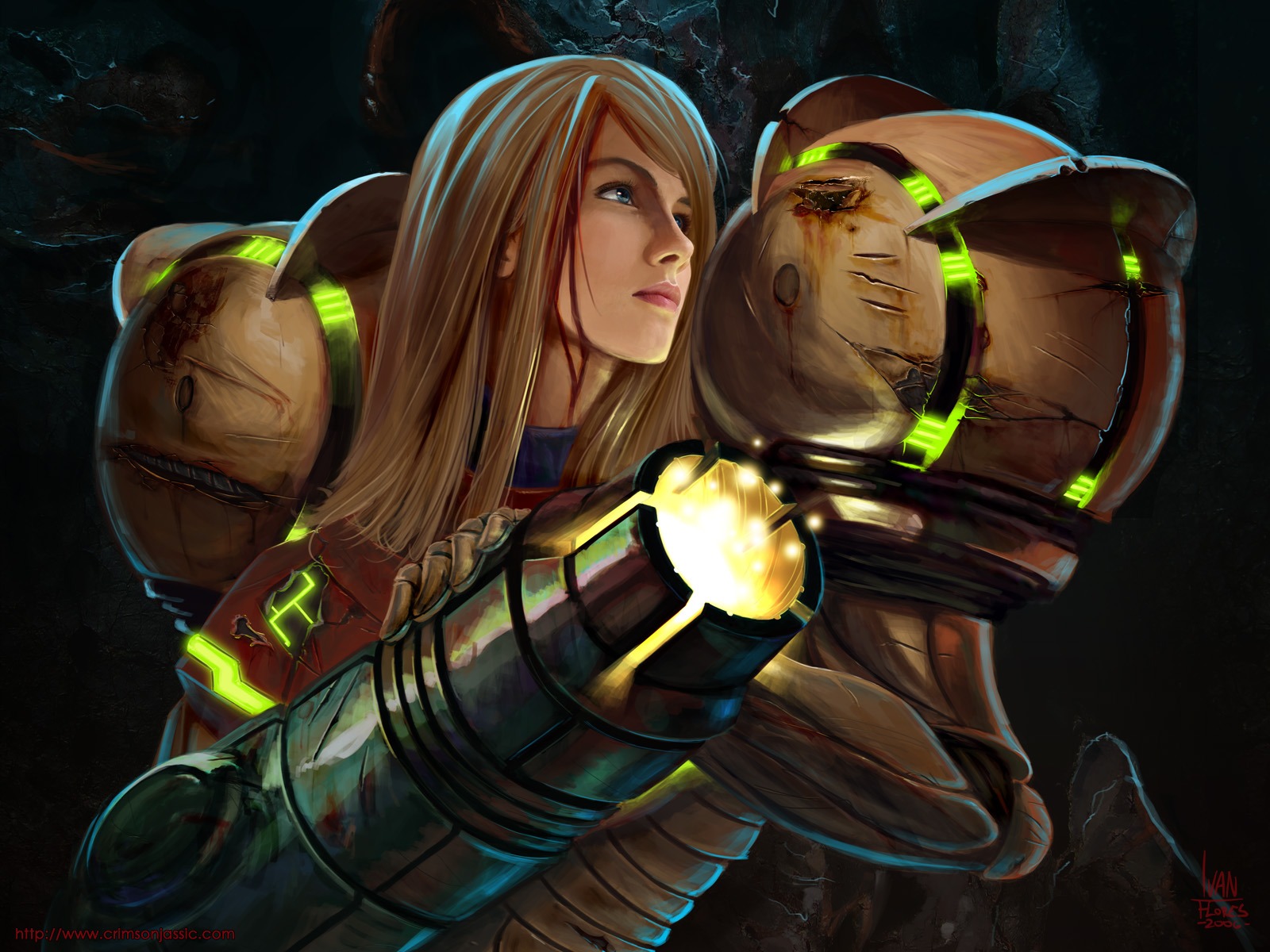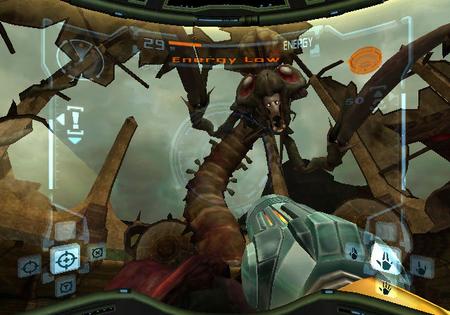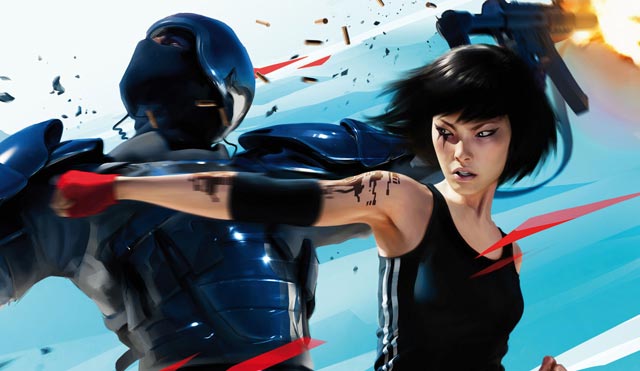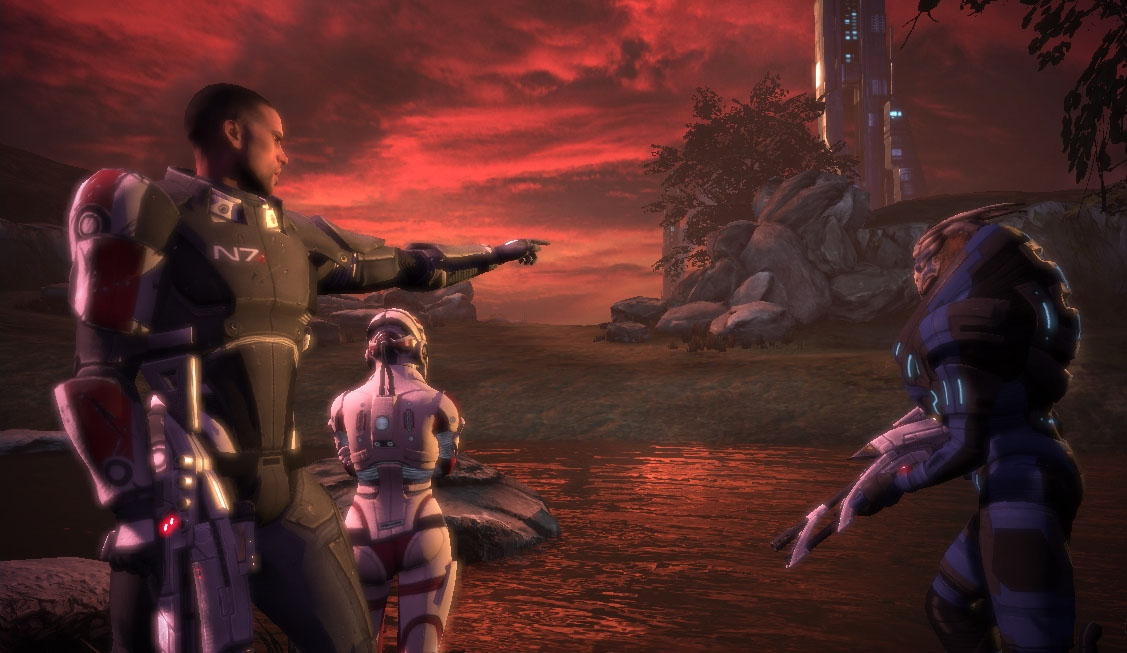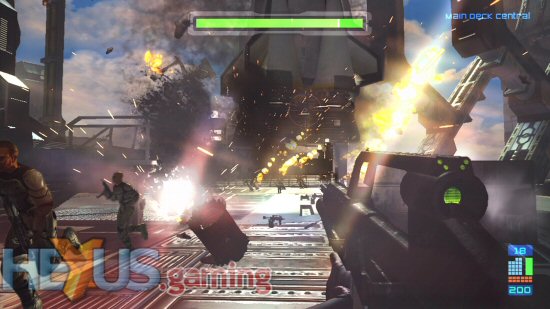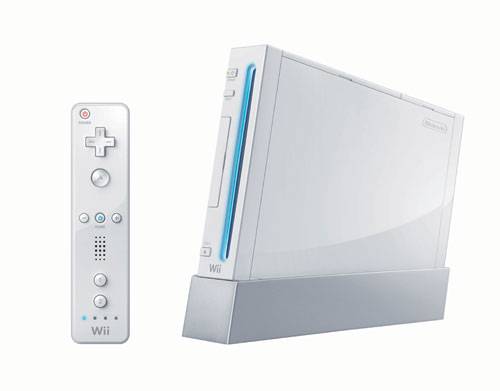"...like the thought of eating a steak topped with ice cream, the recently announced Street Fighter IV iPhone port has made me throw up in my mouth just a little bit. I can't imagine this being anything but an absolute nightmare to play." - Me.
Up until the recent release of Street Fighter IV on the iPhone, I expected nothing less than garbage from this mobile port. In my previous post, I provided a bunch of reasons to support my initial feelings towards the final product. But then, the
positive word-of-mouth online began to bubble. As a Street Fighter IV junkie, this was enough to push me over the edge and give this $10 app a shot. To my surprise, Street Fighter IV on the iPhone does very well considering the platform its on, providing players with a fun fighting game that controls well enough. This opinion is coming from someone with over 3,000 online wins on the XBOX 360 version. I'm definitely not the Diago or Justin Wong of the scene, and you don't have to trust any of what I say after this, but I've played enough Street Fighter to say that this version of it is really fun and I can't put it down.
Let's the get the obvious out of the way: no, this version does not have the best controls. The on-screen joystick does a good job of moving your fighter around the screen, but the precision to pull off special moves consistently isn't there. I could throw fireballs and hurricane kicks relatively easily, but executing a dragon punch is something I still can't do consistently. Charge moves were a bit easier for me, but I've read that some people have issues with that as well. I think if you really wanted to dedicate yourself to being an iPhone Street Fighter champ the "legit" way, you could practice on that interface and get pretty decent. For everyone else, I recommend enabling the "SP" button.

Speaking of the buttons, Capcom made some concessions to the controls to make the gameplay better suited for an iPhone. Instead of using a six-button layout, users get four buttons: punch, kick, focus and special. The game comes with three different button layouts, but you're free to customize the location of the buttons and joystick, as well as the opacity of the buttons. You can get some variations in punches and kicks depending on your situation and what direction you hold the joystick, but the game basically goes with the best or most likely button you would press in that situation. For instance, as a Ryu player, I appreciated that when you jump in and hit the kick button, the game responds with a forward kick, giving me the ability to cross-up my opponent. If you come into this game knowing how to play each character properly, for the most part the limitations don't matter. When you manually do special moves, you will always do the hard punch or hard kick version of that move. Die hard players will notice and maybe be disappointed by this lack of depth, but I think within the context of this particular version, it's good enough.
The focus attack button works just as you would expect it to. As for the special button, it acts as a simpler way to execute special moves. The closest parallel I can think of to the special button is the way Smash Bros. uses its special button. You will get a different special move depending on the direction you hold the joystick. Street Fighter purists may scoff at "nerfing" the inputs, but those people can go into the options and turn this off. By default, this option is off. For myself, I love using the special button. I don't think it breaks the game, because real Street Fighter players know that the game isn't really about your ability to do special moves, but rather your ability to combine all your moves together into a cohesive offense. The special button will not turn a newbie into a grand master.
Working within the limitations of the platform, I much prefer enabling the special button. I don't feel like I'm cheating using it. I feel like it allows me to play this game more like I would on the 360 or the arcade, because it increases the likelihood of me properly executing my special moves. With some practice, I was even able to consistently hit Ryu's classic shoryuken FADC into ultra on the iPhone; a combo I can't consistently do on the 360 controller.
All things considered, I think the controls work well within this particular version of Street Fighter IV. If you can get over the fact that some concessions were made to streamline the experience, that manually pulling off special moves can be tricky and that activating super or ultra moves will take a bit of practice when in the middle of a combo, it's fairly good for what it is and it's surprisingly, a lot of fun to play.
Enough about the controls. How does the rest of the game stack up? As far as graphics go, it looks great for an iPhone game. To make this experience work, Capcom chose to go with sprites instead of 3D characters, and all the backgrounds are static images. It looks great nonetheless. I don't think the frame-rate is 30 frames per second, it does stay steady. The audio is identical to the arcade and home ports, making this feel like home for any seasoned Street Fighter IV veterans. The only major omission is the song "Indestructible", but that may be for the best. The game engine is 100% Street Fighter. Everything behaves the way it does in the other ports, meaning that all of the move properties and priorities are in place. With the exception of a few missing normal moves, you can still pull off most of the combos and juggles from its counterparts, which is pretty amazing considering the platform it's on.
The game comes with eight characters: Ryu, Ken, Chun Li, Blanka, Abel, Dhalsim, Guile and M. Bison. It's a bummer that less than 1/3 of the Street Fighter IV cast is represented here, but I guess Capcom had to make cuts somewhere. Maybe they'll add more characters via DLC. Considering the eight choices they made, they were all pretty safe bets and odds are you already play one of those eight. I main Akuma, but Ryu and Ken are close enough, and my secondary is Abel, who plays just as I would expect him to here.

The game doesn't have the more frivolous options such as time attack or survival modes, but it does have a main single player mode (that lets you save replays of any match), a training mode (with most of the options you would expect), tutorials on how to play the game as well as a challenge mode to strut your combo skills. There is no wi-fi or 3G play in this one, but it does support Bluetooth local multiplayer. No online play is a bummer, but I'm sure that any attempt at online Street Fighter on a phone at this point would be a total mess.
The only other bummers I wanted to mention are the loading times, battery consumption and sound options. The game does feature some loading times, which does hamper the quickness of the experience a bit. This game will also destroy your battery, as it is a processor-heavy game. I love the sounds of Street Fighter IV, but not giving me the option to listen to my own music or podcasts while playing it is a huge letdown. My biggest pet peeve when it comes to applications is when apps don't let me listen to my own music while I use them.
Overall, this version of Street Fighter IV on the iPhone has me eating my words. Capcom brought in the right amount of Street Fighter IV goodness onto a mobile platform, making it a lot of fun to play for lapsed Street Fighter fans or Street Fighter IV enthusiasts like me. At $10, it's a bit pricey as far as apps go. For me personally, it's a great game at $10 and I will definitely get my moneys worth. If you still can't stomach paying $10 for it, wait for the moment it inevitably goes on sale. Street Fighter fans will not be disappointed with this one.
 Image from Bandwidth Blog
Image from Bandwidth Blog







